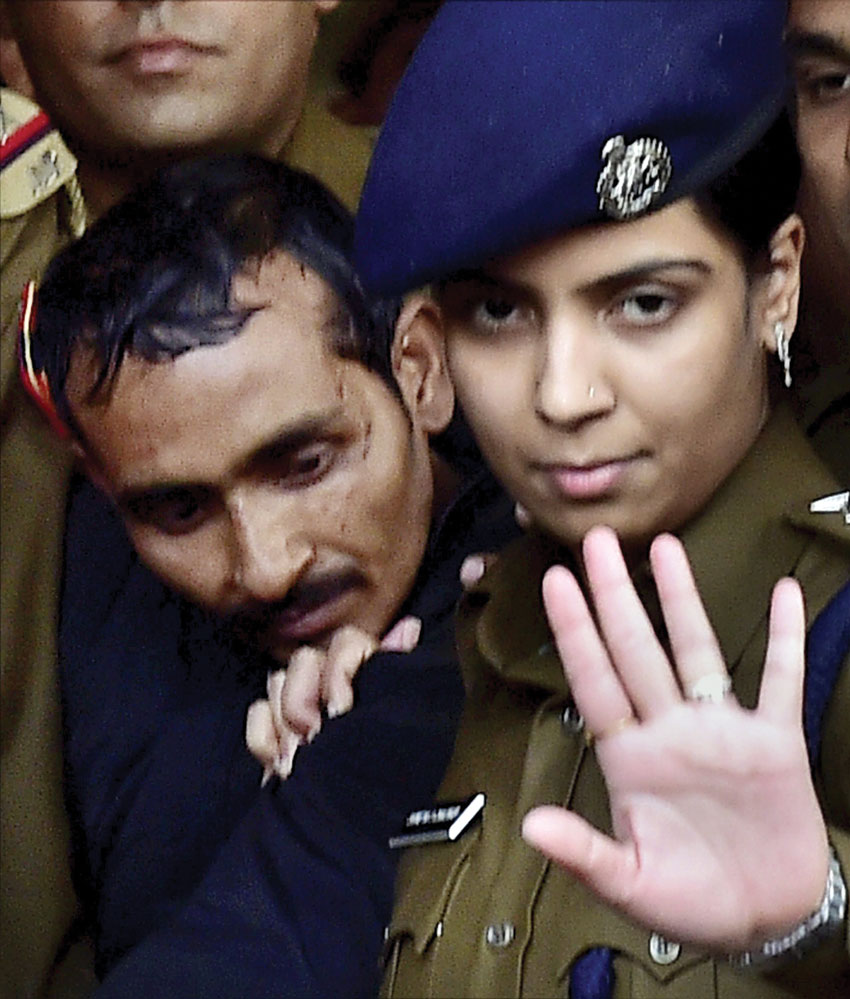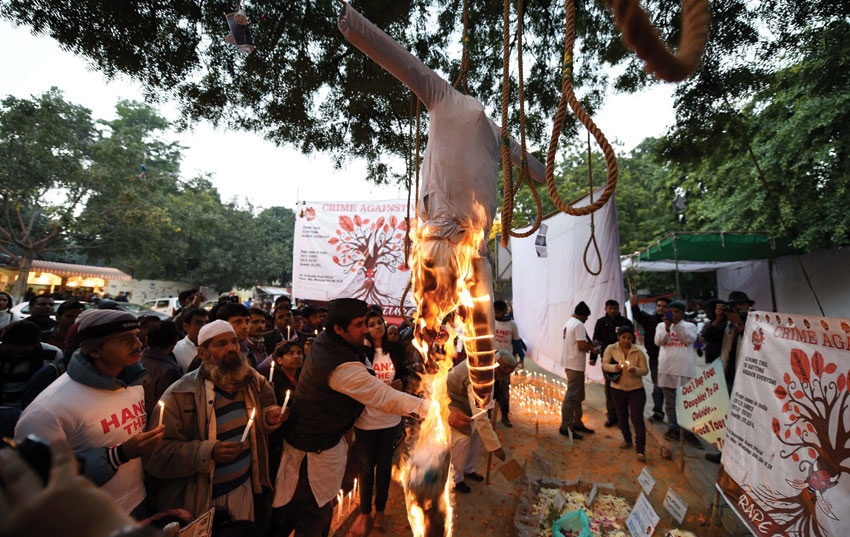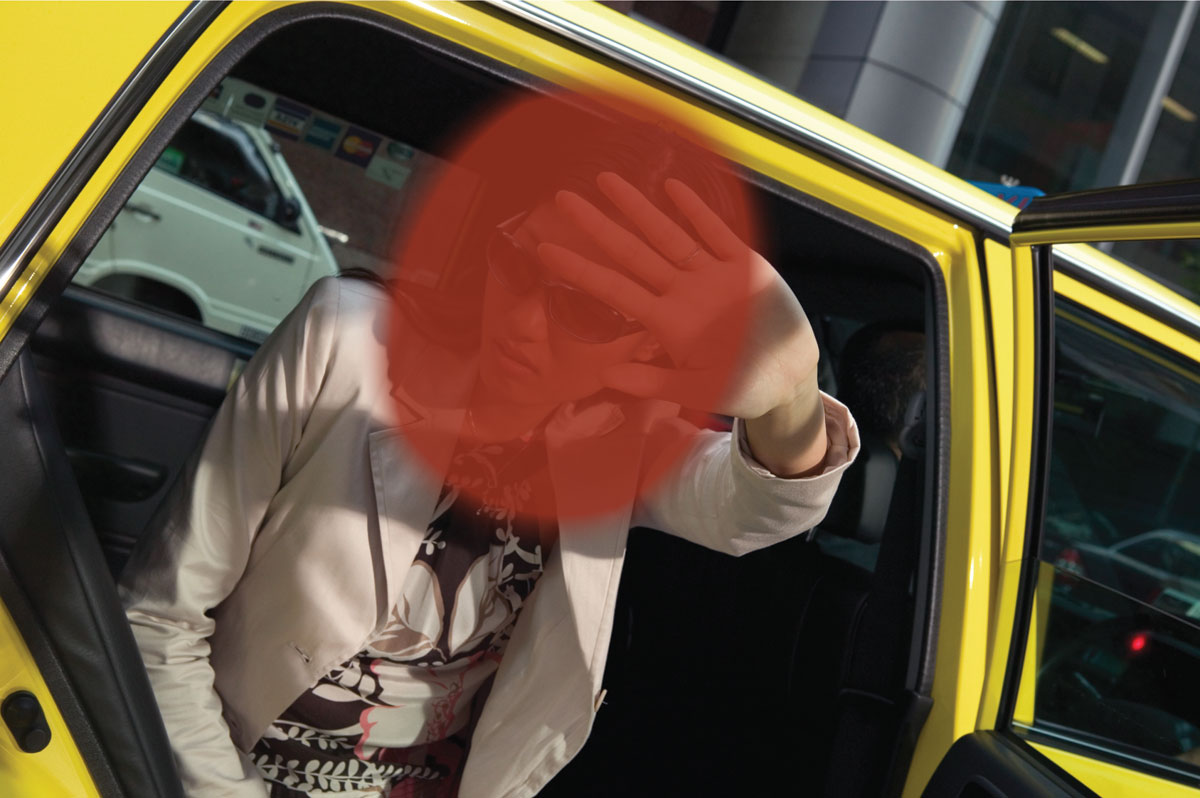PERILS OF A BROKEN SYSTEM
The rape of a young executive by an Uber cab driver in Delhi has again focused attention on the issue of safety of women in public spaces in India, writes Siddharth Srivastava.
[divider type=”thin”]
Three years ago in December, Nirbhaya was gang-raped and killed inside a private city bus in the national capital. It resulted in harsher anti-rape laws and fast track courts were instituted across the country following huge street protests and massive outcry. Unfortunately, the crucial aspect of safety of public transportation in Delhi and rest of India was ignored.
Traveling in city bus, rail, cab, or auto-rickshaw continues to be unsafe and unregulated almost anywhere in India, especially for women. In a knee jerk reaction after the Uber incident, the Delhi government has banned all web-based cab services. Other states have also clamped down on such operators. Despite the legalese being put out, there is no doubt Uber needs to be accountable for enrolling a history-sheeter such as Shiv Kumar Yadav. Keen to scale up quickly by registering as many taxis and drivers, Uber definitely messed up big time.

The fact, however, also remains that Yadav, like many others, knew how to game the system to ply their trade and get away with repeated offences including attacks on women and other crime. As has been well documented, repeat offenders only get bolder over time.
Yadav possessed official documents to prove his bona fides including a character certificate which raises fundamental doubts about the way the Indian administrative machinery functions. It highlights the urgent need for overhaul and reform so that criminals such as Yadav are identified, weeded out, hunted and arrested. And know that they are being tracked if out on bail.
Unfortunately, India’s public services continue to be archaic and non-transparent that promotes rent seeking and corruption. There are powerful elements that stand to gain who promote the status quo. Judicial reforms, for example, are in limbo as it is the powerful and rich that stands to gain most by endless litigations. The Modi government has embarked on a massive exercise to enable Wi Fi in public areas, including Railway stations as part of its plan to establish smart cities. This is commendable.
The irony, however, is that major institutions in our country, whether the judiciary, police or transport authorities are not networked and remain disconnected with one another. This is rudimentary technology, yet lacking and contrary to the way Indians across social and economic barriers have taken to communication technologies over the Internet or cell phones.

Take the case of issue of Driving License that Yadav so easily procured. Road Transport Authorities function in isolation, insulated from each other. Fake addresses are used with impunity to procure licenses from anywhere in the country. There is no cross-country database of impounded licenses or regular infringers. Anybody can hold multiple driving licenses.
It is a similar situation with policing. Thieves and robbers mark out territories keeping in mind jurisdiction of police stations given the lack of exchange of information.
Once the police are alerted due to repeated crimes in a particular area, the gangs move to a new location given absence of any tracking mechanism. The Modi government is undertaking a big exercise to track down black money within and outside India.
It needs to crack down on the massive business of issuing of fakes, whether it is a DL, passport, currency, ration cards, voter identities or mark sheets. This is an efficient industry in itself comprising touts, middlemen and agents that caters to every kind of client depending on the need and for a price. Even those with valid documents avail of these illegal services given the hassle and cumbersome processes involved in directly dealings with the government machinery whether to get property or a vehicle registered or procure a DL.
Those without valid documents are also welcomed for a higher price. Mind you, there is a positive purpose here too. Millions of India’s poor who would not have otherwise been able to earn an honest livelihood, maybe as a driver or open a bank account are able to do. But, this is no solution. There are too many unknown and seedy characters, whether rich or poor, in our midst who have no fear of the law that they know can be bought, prostituted and twisted.
The system needs to be simple and transparent. It should encourage those on the fringes of mainstream existence, the poor to come aboard and avail benefits by being honest and straight citizens rather than running scared of the law or existing under cover. It should be able to crack down on those that look to exploit and game the system. It should allow those who are regular citizens to be so rather than hiring touts to grease palms to get the job done. This, sadly, is not reality, allowing individuals such as Yadav to commit crimes with such impunity.


